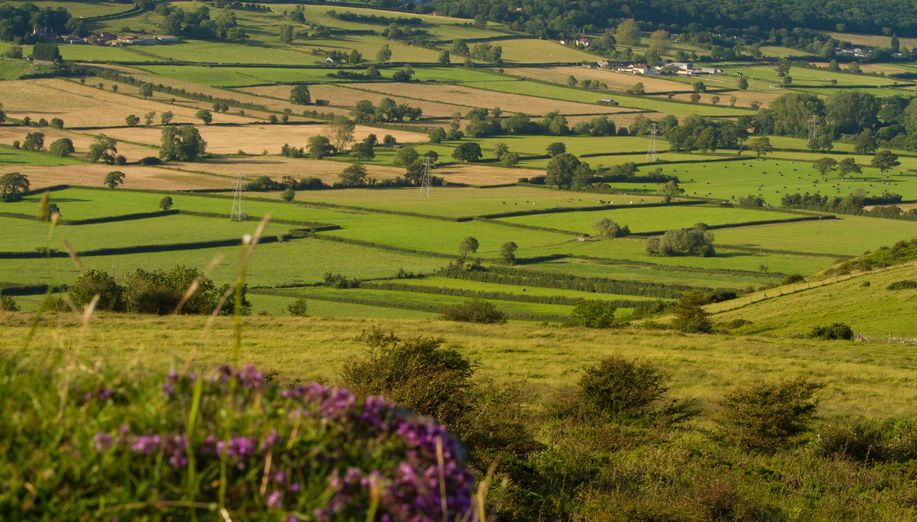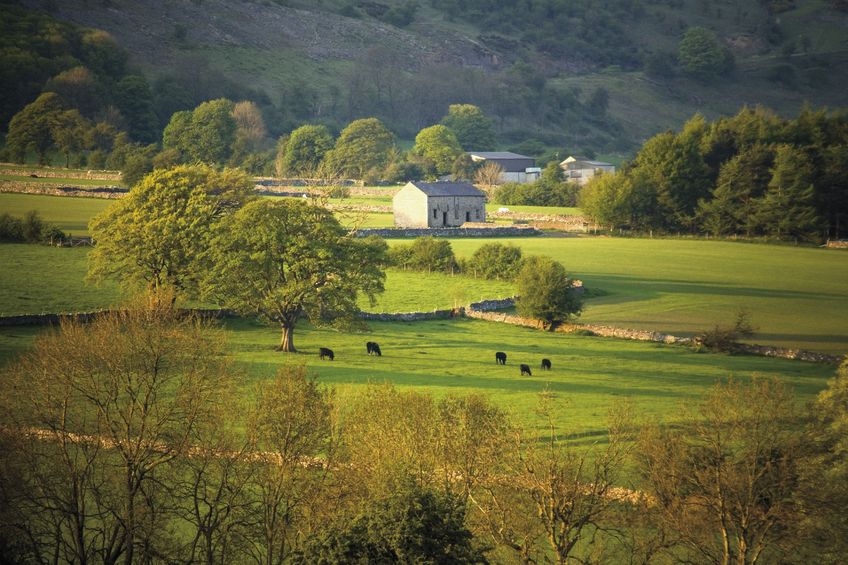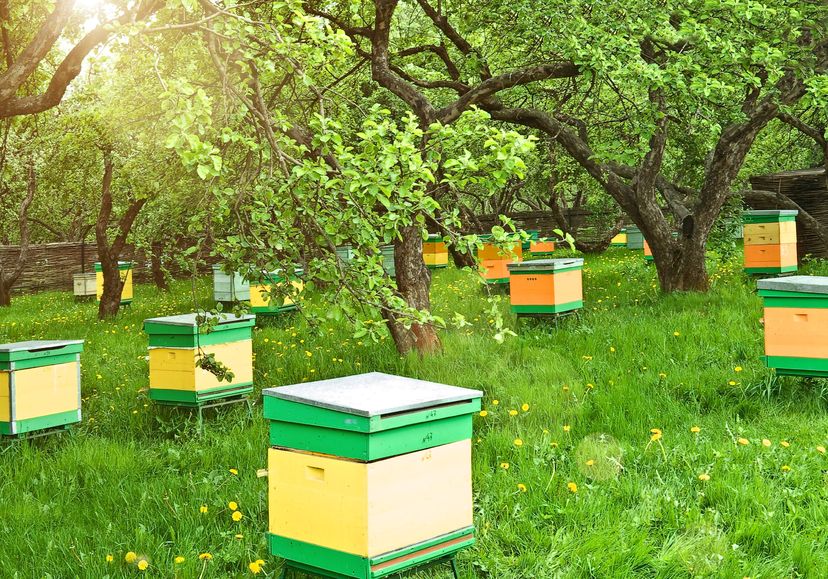
Britain’s largest nature organisations have today launched their joint vision for a post-Brexit environment, farming and rural policy.
WWF-UK, National Trust, The Wildlife Trusts and the RSPB are calling for a new policy for the countryside.
They are advocating for the UK governments to work together to replace the CAP with policies that deliver "high environmental standards" for land management across the UK.
The organisations are seeking the creation of an independent Policy Commission - to examine a future policy for the environment, farming and rural development and encourage an inclusive and engaging public debate.
A joined up approach between government policies and plans for farming and the environment is also being planned - "any future environment, farming and rural development policy must work together with the Westminster Government’s 25 Year Plan for the Environment."
And finally, the organisations are advocaing the continuation of agri-environment schemes - "all existing agri-environment schemes should be kept open until a replacement policy is fully operational."
£3.1bn spent on CAP

The call comes as the UK plans for a future outside of the European Union.
Major decisions will need to be made about how all governments across the UK support the environment, farming and rural development to replace the Common Agricultural Policy.
Last year, over £3.1bn was spent on the Common Agricultural Policy in the UK. Its rules directly affect how farmers look after their land.
This has an impact on everything we do – from the food we eat, and the water we drink, to the air we breathe and the woods, meadows and soils we leave for future generations.
Recent data from the State of Nature report suggests that 56% of native British wildlife species are declining.
With around three quarters of the UK’s landscape being farmed, the agricultural policies that influence management of the British countryside "could do much more to support farmers to restore nature," the organisations have said.
'Richer in nature'

They are calling on the government to turn leaving the European Union into an opportunity to create a countryside "richer in nature", by supporting sustainable farming.
"We need a country that not only produces great food but also rewards farmers for protecting and restoring the farmed environment," the organisations said in a joint statement.
"A healthy countryside is vital and necessary for the farming sector and for the whole country: we need good food, healthy and productive soils, clean water, protection from flooding and an attractive countryside rich in wildlife.
"This requires existing levels of environmental protection to be maintained or bolstered while also thinking very differently about how we support the land management we want and need in the future.
"Developing the right policies to enable this is critically important and a wide range of stakeholders must be involved," the conservation charities say.
'We all have a stake in the British countryside'
WWF-UK, National Trust, The Wildlife Trusts and the RSPB own and manage 500,000 hectares of land, around half of which is actively farmed, either in hand or by one of their 2,000 tenants and graziers.
As major landowners and farmers, they receive CAP funding, which they use to deliver specific benefits for nature.
Rose O’Neill, WWF-UK, Freshwater Programme Manager commented: "It is vital to recognise that we all have a stake in the future of the British countryside.
"Whether we are farmers, the government, conservation groups or city dwellers, we all need to work in partnership to achieve a countryside rich in nature alongside vibrant communities and a thriving rural economy."
Martin Harper, the RSPB’s Director for Conservation said the countryside has already lost species once common.
"Worryingly, we face losing much more if we don’t take action today and step up our efforts in the years ahead.
"We want to work with farmers to realise our shared ambition to restore UK biodiversity within a generation.
"We should grasp this opportunity to secure the future of the countryside and show we can deliver for both nature and farming."
'Great food that benefits wildlife'
Patrick Begg, Rural Enterprises Director at the National Trust, said the public deserves great food, produced in a way that benefits wildlife whilst providing farmers with a sustainable business.
"But government needs to give farmers the right support, rewarding them for managing land for a full range of public benefits: wildlife, food, public access, beautiful landscapes, cultural heritage, reducing the risk of flooding and holding carbon in the soil," Mr Begg said.
"It’s only by changing how we support farmers that the long-term future of farming will be secured."
Steve Trotter, Director, The Wildlife Trusts, England, commented: "People love the countryside and wildlife is a crucial part of what makes it special.
"The government needs to be bold and take a radical new approach to the way public payments are used to deliver the things we need from a healthy countryside, like clean water, beautiful landscapes full of wildlife, nutritious food, healthy soils, jobs, room for people to exercise close to nature, as well as practical benefits like reduced flood risk.
"This is a once in a generation chance to help reverse the huge decline in wildlife and it must not be missed," Mr Trotter concluded.
